Chronology
Knowledge of chronology is about much more than remembering dates and understanding the terms and conventions used to label different periods of time – important as these are. A secure knowledge of the order of events necessarily underpins any attempt to explain cause and consequence or to chart the process of change and continuity. Unfortunately, simply teaching history in order is not enough in itself to equip young people with a basic chronological framework, enabling them to relate different items of knowledge to one another or to construct an overarching ‘big picture’. Establishing such a framework requires deliberate, sustained attention. The resources in this section show how various strategies – including teaching an outline framework at the start of a new period or thematic study and different approaches to reviewing broad sweeps of time at the end of a school year or key stage, as well careful coordination of overview and depth studies – all play a part in building such knowledge.
-

Year 7 use oral traditions to make claims about the rise and fall of the Inka empire
ArticleClick to view -

Cunning Plan 179: using TV producers’ techniques to make the most effective use of retrieval practice
ArticleClick to view -
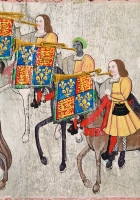
Widening the early modern world to create a more connected KS3 curriculum
ArticleClick to view -

Using narratives and big pictures to address the challenges of a 2-year KS3 curriculum
ArticleClick to view -

Structuring a history curriculum for powerful revelations
ArticleClick to view -

‘Man, people in the past were indeed stupid’
ArticleClick to view -

New, Novice or Nervous? 167: Confidence with substantive knowledge
ArticleClick to view -

Cunning Plan 163.1: GCSE Thematic study
ArticleClick to view -
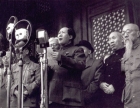
Transforming Year 11's conceptual understanding of change
ArticleClick to view -
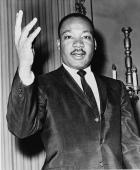
Securing contextual knowledge in year 10
ArticleClick to view -
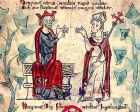
Using timelines in assessment
ArticleClick to view -
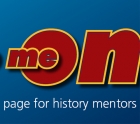
Move Me On 157: Getting knowledge across
ArticleClick to view -
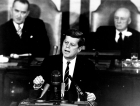
'But why then?' Chronological context and historical interpretations
ArticleClick to view -

Continuity in the treatment of mental health through time
ArticleClick to view -
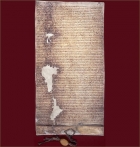
Time and chronology: conjoined twins or distant cousins?
ArticleClick to view -
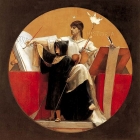
Key Concepts at Key Stage 3
Multipage ArticleClick to view -

Causation maps: emphasising chronology in causation exercises
ArticleClick to view -
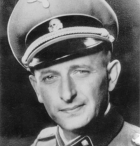
Polychronicon 141: Adolf Eichmann
ArticleClick to view -
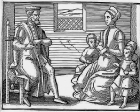
The how of history: using old and new textbooks in the classroom to develop disciplinary knowledge
ArticleClick to view -

Time for chronology? Ideas for developing chronological understanding
ArticleClick to view


